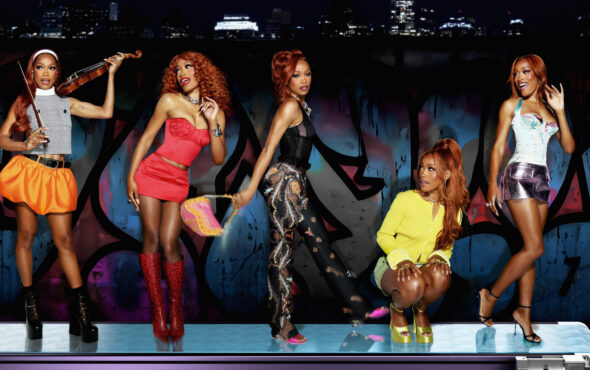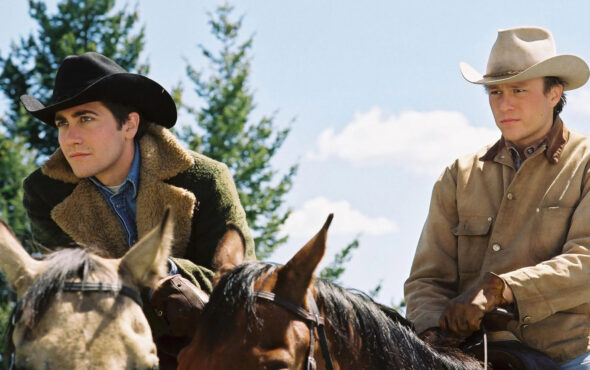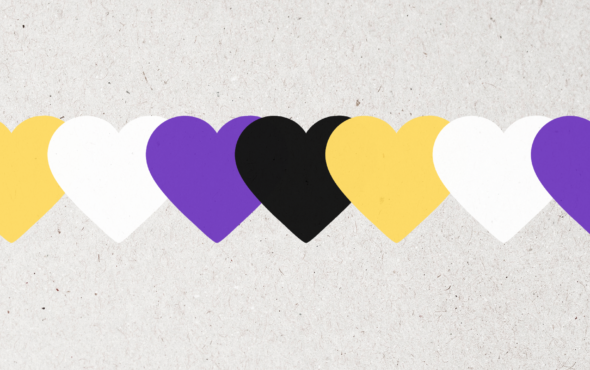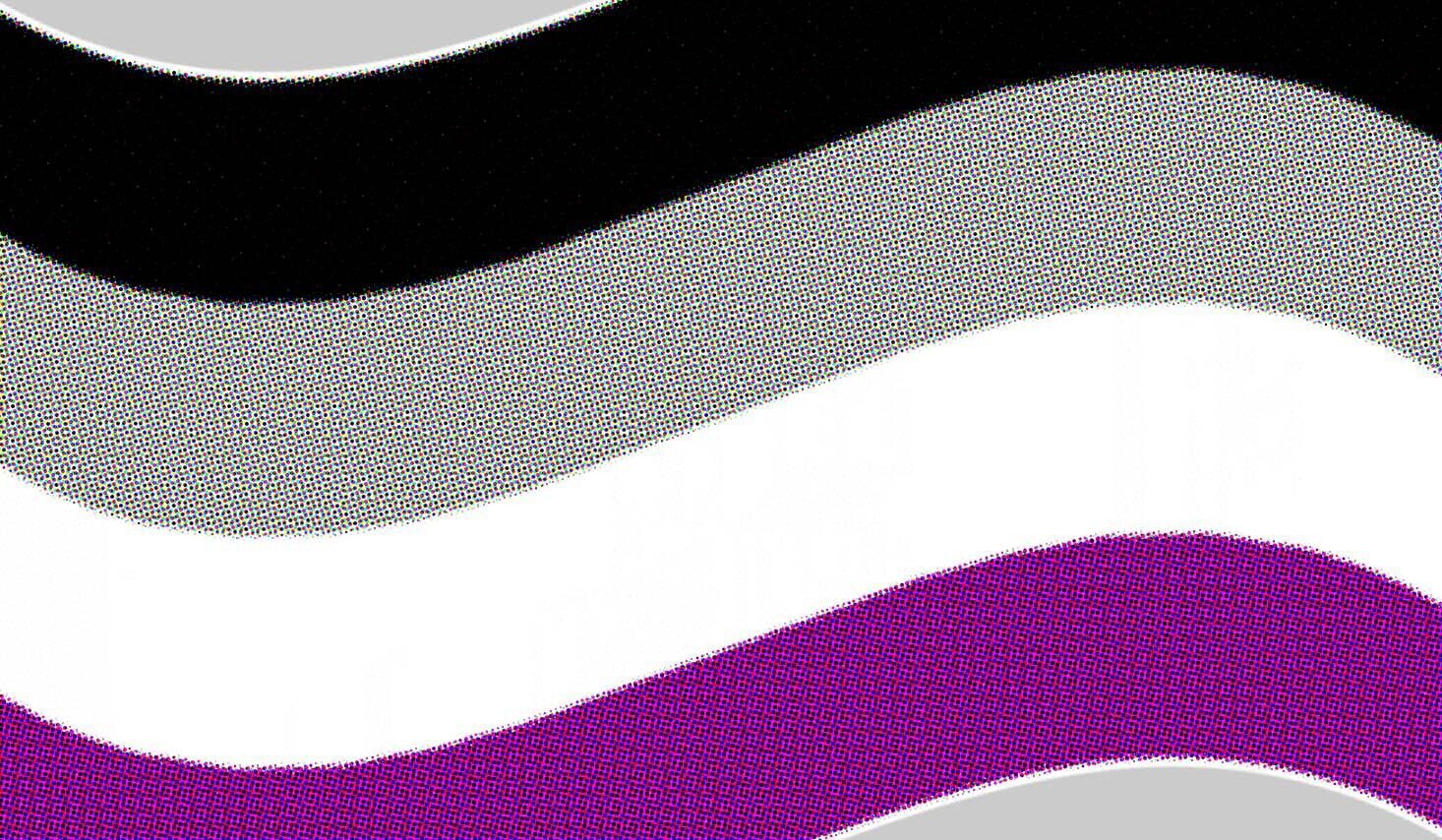
In the early days of discovering my asexuality, I had several openly LGBTQ+ friends, which you’d think would have helped a questioning ace. But compared to them, I didn’t see myself as LGBTQ+. Even surrounded by those people, it would be a long while before I even heard the term ‘asexual’. They didn’t see me as ‘one of them’ and neither did I, making finding out who I was that much harder.
Today I identify as asexual and queer. But even now, I am constantly questioning whether I only use the ‘queer’ label to feel more LGBTQ+, to feel like I’m allowed access to LGBTQ+ spaces and social circles. I still find myself questioning whether being asexual on its own is enough.
As an asexual person, I can often feel excluded from the wider LGBTQ+ community. It can feel as if we are tolerated rather than welcomed, and sometimes even like we’re outright rejected. Having our validity disputed by LGBTQ+ peers is the most hurtful form of exclusion I have experienced.
I’ve had a bisexual friend tell me I can’t be asexual because “everyone experiences some sexual attraction”. A group of so-called ‘friends’ thought that if I went out and had a drink with them that I might suddenly not be asexual anymore. I’ve had LGBTQ+ friends who thought that saying I was asexual was somehow an expression of disapproval or their sexuality or the wider queer community. I’ve had a hard time coming out to people, often having to come out several times before being thought of as LGBTQ+. Months after I came out to someone close to me, it became clear that they hadn’t even realised; that was heart-breaking. You can only be talked down so many times before you start expecting the worst and become hesitant to even mention asexuality.
But the reality is that we are many, and we are valid. We deserve to take up space. But currently it feels like the world – even the LGBTQ+ community – isn’t designed for us; we don’t quite fit yet.
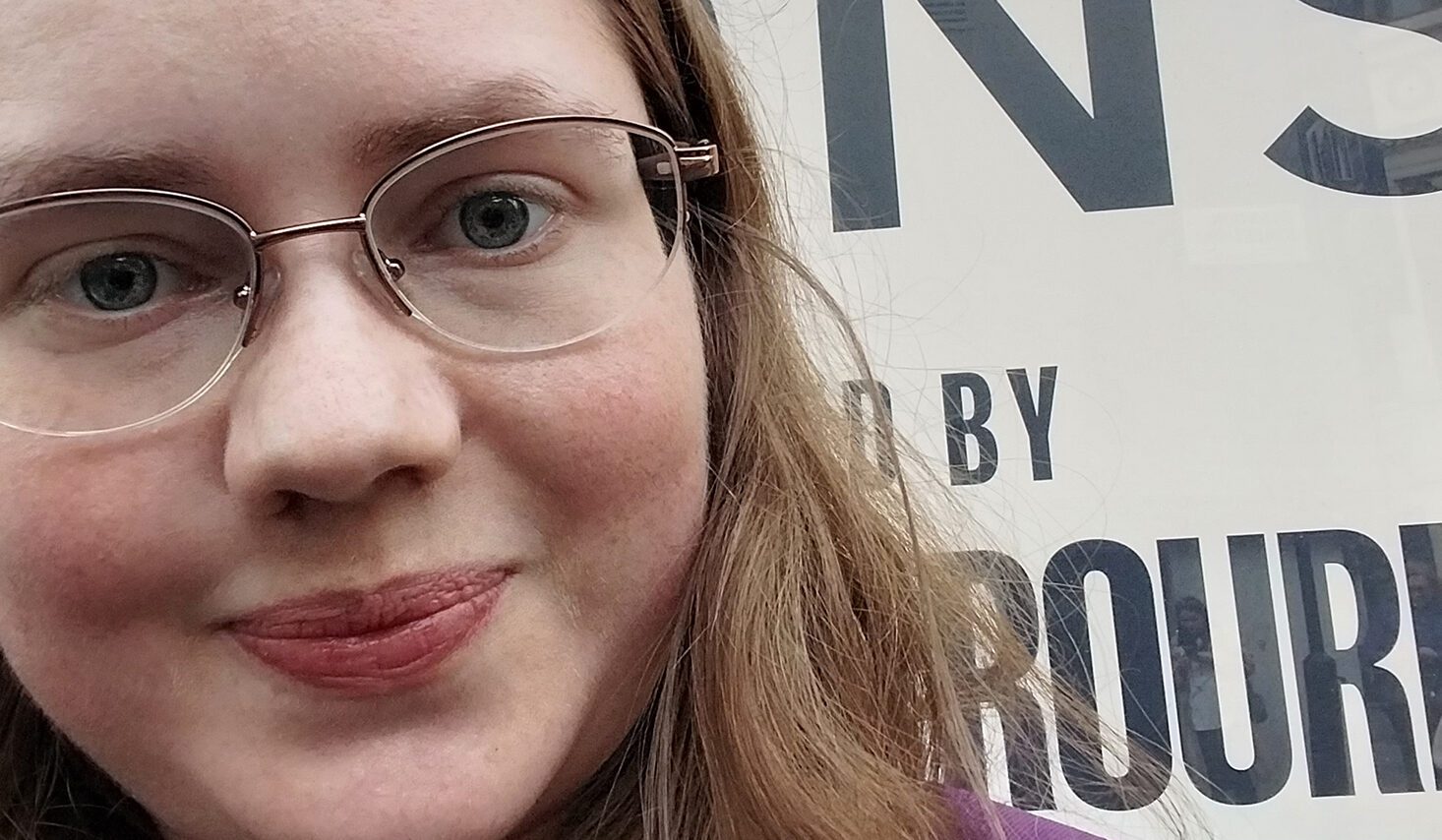
Asexuals experience sexuality differently from the heterosexual majority, and I therefore have always seen being asexual as a LGBTQ+ experience. The community, however, sometimes seem to disagree. It feels like this is often based on the idea that asexuals are ‘not really oppressed’, that because our issues are different, we don’t belong. But this thinking completely ignores the societal problems and pressures that negatively affect aces, for example the assumption that everyone wants to get married and have children, and the pressure on happily single aces who are often put into uncomfortable situations or made to believe there’s something wrong with them for not wanting those things.
Though the issues we face might be different from some of the LGBTQ+ community, this is true of all LGBTQ+ identities – we don’t all face the exact same problems.
I once attended a LGBTQ+ online event which included a treasure hunt game. In groups, we had to track down various objects and take a screenshot of us holding as many as we could. One of the objects listed was a Pride flag. I held back, afraid that the other people might not recognise or accept my asexual Pride flag, but it soon became clear that no one else had a flag to hand. Hearing the group agree that we should use my ace flag was a game-changer for me. That was the first time I had seen other people within the LGBTQ+ community explicitly recognise and accept the asexual Pride flag. Sadly, the fact that asexuality was accepted this time round felt like the exception, not the rule.
Since I first moved to London in 2018, I sadly haven’t seen a lot of progress on asexual inclusion. Most LGBTQ+ events appear to be open to all identities, but make no mention of asexuality. Few asexual Pride flags are displayed either in person or on social media. I only really go to events that are specifically for the ace community because I worry about being an imposter. I feel I am one of them but do they feel the same?
The times when I feel most comfortable are when people have perhaps read up on asexuality, or know a bit about it, and so believe and welcome me when I mention I’m asexual. I particularly feel included when the full LGBTQIA+ acronym is used by peers, or an asexual flag is displayed. With a little education, I believe the wider LGBTQ+ community has the ability to be more welcoming, and I hope to see more inclusion in the future.
